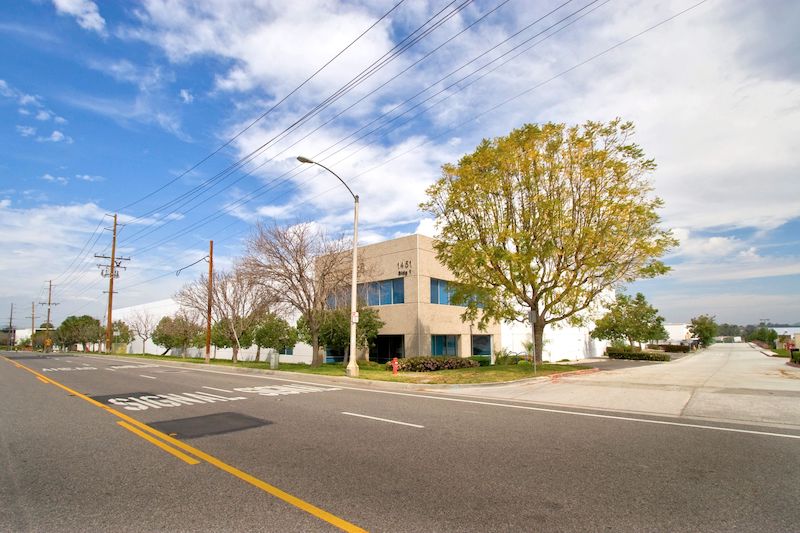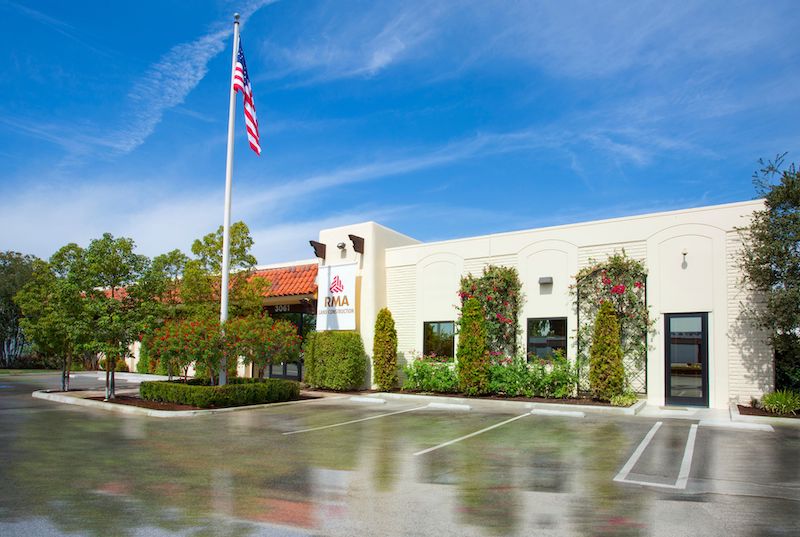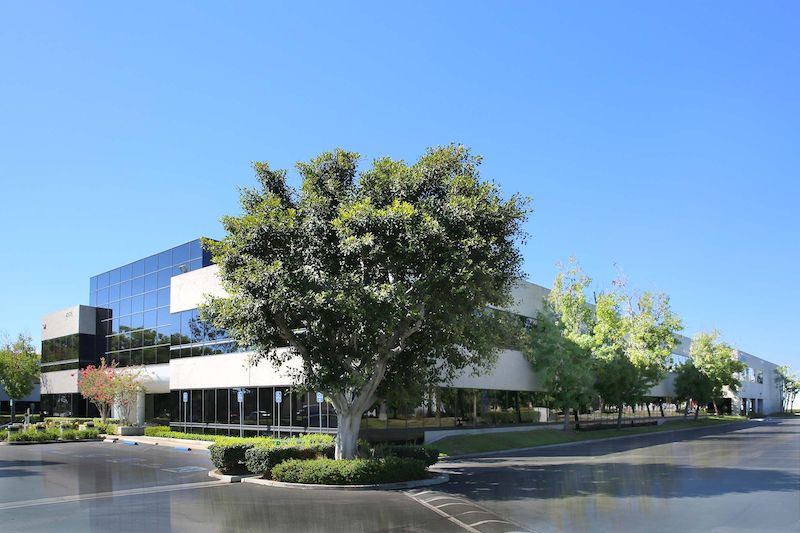Since the November 2020 national election, we have been writing about its potential impact on the commercial real estate market because the new President ran for office on a platform of changes to the current tax code that had potentially serious consequences to the commercial real estate market. With that in mind, we strongly recommended that all existing and potential real estate investors revisit their portfolio strategies to determine if changes should be made to protect their interests.
Over the course of the last couple of months, the attempt to raise capital gains tax rates, eliminate or severely limit 1031 exchanges and do away with the step-up in basis rules has been in process. Fortunately, the text of legislation now being negotiated in the US Congress does not contain any of those changes. So, it looks like we all may have dodged a bullet (please click here to read our post on the topic), but the drama is not over, as the battle in the Senate over the so-called Build Back Better Act, is about to heat up. If it survives a Senate vote, it will then go back to the House of Representatives for approval before heading to the President’s desk. No one yet knows if the votes are there to get the legislation over the finish line, but even if it does, it appears at this point that its revenue component will not devastate the commercial real estate market as many had expected.

This summer we made mention of what we saw as a window of opportunity for those property owners whose strategic plans called for a sale of assets in the next 5 years. Property values are at all-time highs, mortgage rates are at all-time lows and demand is running well ahead of supply. This would allow property owners to realize huge gains and either pay capital gains taxes at current rates or complete exchanges under current 1031 rules. That seems not to carry with it the same sense of urgency now that the House of Representatives backed off on major tax hikes impacting commercial real estate.
That said, we have a new cause for concern for the health of the market that presents another clear and present danger: inflation. Trillions of digitally produced and borrowed dollars have been pumped into the economy in response to the pandemic, and demand for goods and services has risen sharply, stressing the supply chain at all levels. Just about everything we buy is costing more these days and the trend looks to continue into next year. If inflation is not transitory as many first thought, then the Fed will be forced to slow it down by raising its Fed Funds Rate next year, which will send the cost of capital back up across the board, including commercial property mortgage interest rates.

There are two main drivers of the current bull-run in the industrial real estate market; limited supply and cheap money. The vacancy rate for industrial property in Orange County is less than 2% and falling. That has driven lease rates and sales prices through the roof for tenants and buyers, and made landlords and sellers very happy. It has truly been a great time to own industrial property. The county is near full build-out, which means tenants and buyers will only have existing inventory to choose from for years to come.
However, the end of cheap money could have significant consequences. Today, an owner/user buyer can borrow 90% of the purchase price for 25 years in the low 3% range. That’s why they can pay such a high price to acquire property. If the Fed hits the brakes to stop inflation, mortgage interest rates could move sharply higher and it could happen fast. That shock to the system would put immediate downward pressure on property values to compensate for the increased cost of debt service. And, if inflation remains near current levels, buying power would erode and many of today’s buyers would head for the sidelines. Falling demand would add additional downward pressure on pricing, perhaps resulting in a market correction. We say perhaps because we don’t know for sure how things will play out. No one does. However, that window of opportunity to get out before the tax code changed may now be well worth going through for other reasons.
Your property is probably worth more than you ever dreamed it would be. We hear that every day from property owners just like you. It is truly mind-boggling how high pricing has gone. Frankly, it is hard to keep up with even for us and that’s what we do for a living. We don’t want to create unrealistic expectations for our sellers, but we have to be even more careful not to leave their money on the table by underestimating the pricing trajectory.

Here is how we see it; we are out of one pickle and in danger of getting into another one. So, our recommendation is the same, but for different reasons. If your strategic real estate plan calls for a disposition of real estate assets in the next 5 years, it’s time to give selling sooner rather than later some serious thought. If inflation persists, the cost of money will go up and buying power will erode for would-be property acquirers. It has happened before and it could happen again. For those of you who were around in the early 1980s, you know what we mean. It was ugly.
If you have a long-term strategy, it may be wise to hold onto your assets, as real estate is historically a good inflation hedge. If this is the case, prepare yourself for leaner times. Consider reducing your debt and accumulating reserves to offset the potential for rental income loss due to higher vacancy risk. Hopefully, inflation will moderate and interest rates will not rise enough to shock the real estate market into a state of imbalance. But just in case, take a hard look at your strategy and ask yourself “am I prepared for the worst as I continue to hope for the best?” We’re here to help if you need us. Just give us a call.


Leave a Reply
You must be logged in to post a comment.